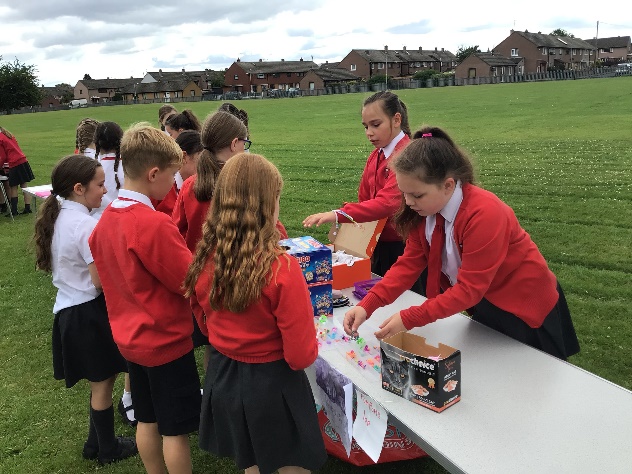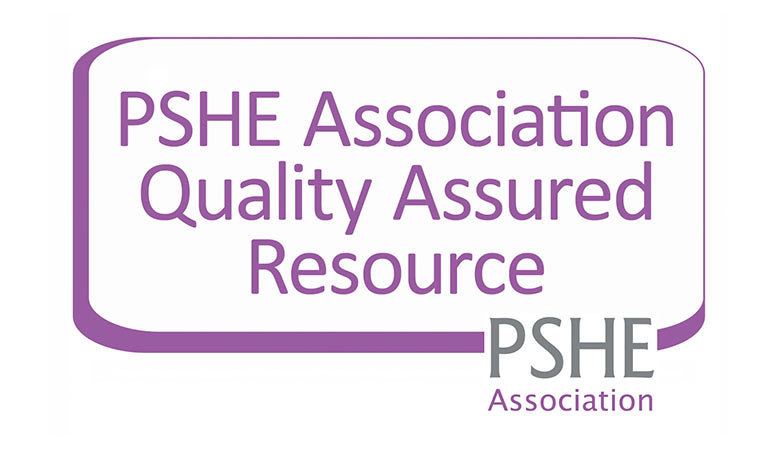PSHE & RSE
Intent:
Ofsted expects to see a coherently planned curriculum that equips young people for the real world. PSHE ensures wider development of our pupils, so plays a key part, but we need to ask ourselves: ‘How can we make sure our PSHE curriculum is planned to meet our own pupils’ needs?’, ‘How do we know what these needs are?’, ‘What data have we got?’, ‘What baseline assessments can we do?’. Newlaithes Junior School are members of the PSHE Association, they offer supporting documents for medium and long-term planning which encourages children to complete a baseline awareness check before starting a new unit of work.

Implementation:
An approach in which earlier knowledge and skills are revisited is highlighted as a vital feature of a well implemented curriculum. Therefore, regular, planned lessons are necessary. Approaches such as squeezing PSHE into sporadic drop-down days, using circle time as a knee jerk reaction to incidents, or hasty form periods are no substitute.
Even the best intentions cannot be realised without effective implementation and delivery by teachers who feel confident and qualified to teach PSHE education. As PSHE can do harm if not taught well, this calls for a suitably trained PSHE Lead and teachers who have good knowledge of the areas they are teaching and of PSHE pedagogy. This means that leaders are responsible for supporting teachers and providing appropriate professional development (See our range of CPD days and training available).
Impact:
 The aim of all of this is to have a positive impact on our pupils. Schools need to show Ofsted that young people at all stages of their education are prepared for life now and also for their next steps, whether that’s moving up to secondary school, or into further education, employment or training. PSHE education not only contributes to these areas but is also linked to improved academic performance, particularly for the most disadvantaged.
The aim of all of this is to have a positive impact on our pupils. Schools need to show Ofsted that young people at all stages of their education are prepared for life now and also for their next steps, whether that’s moving up to secondary school, or into further education, employment or training. PSHE education not only contributes to these areas but is also linked to improved academic performance, particularly for the most disadvantaged.
Leadership and Management
- It is schools leaders’ responsibility to ensure that statutory regulations are met, including the new Relationships Education, RSE and Health Education requirements for PSHE education.
- Ofsted’s guidance on inspecting safeguarding makes clear that the responsibilities placed on governing bodies, boards of trustees, registered providers, proprietors and management committees include:
“making sure that children and learners are taught how to recognise risk and know where to go for help when they need it”
And that inspectors should consider evidence that:
“as part of the curriculum, children and learners are supported to understand what constitutes a healthy relationship both online and offline, and to recognise risk, for example risks associated with criminal and sexual exploitation, domestic abuse, female genital mutilation, forced marriage, substance misuse, gang activity, radicalisation and extremism, and are aware of the support available to them”
Where else will this be effectively achieved for all pupils if not in the PSHE classroom?
There is a clear need for a proactive approach to preparing pupils — not just responding when safeguarding issues arise, but instead equipping all pupils for some of the most complex decisions they will have to make. Schools need leaders who support PSHE education, with an understanding of its value and role in children and young people’s lives, as well as knowing what best practice looks like in order to encourage it.

